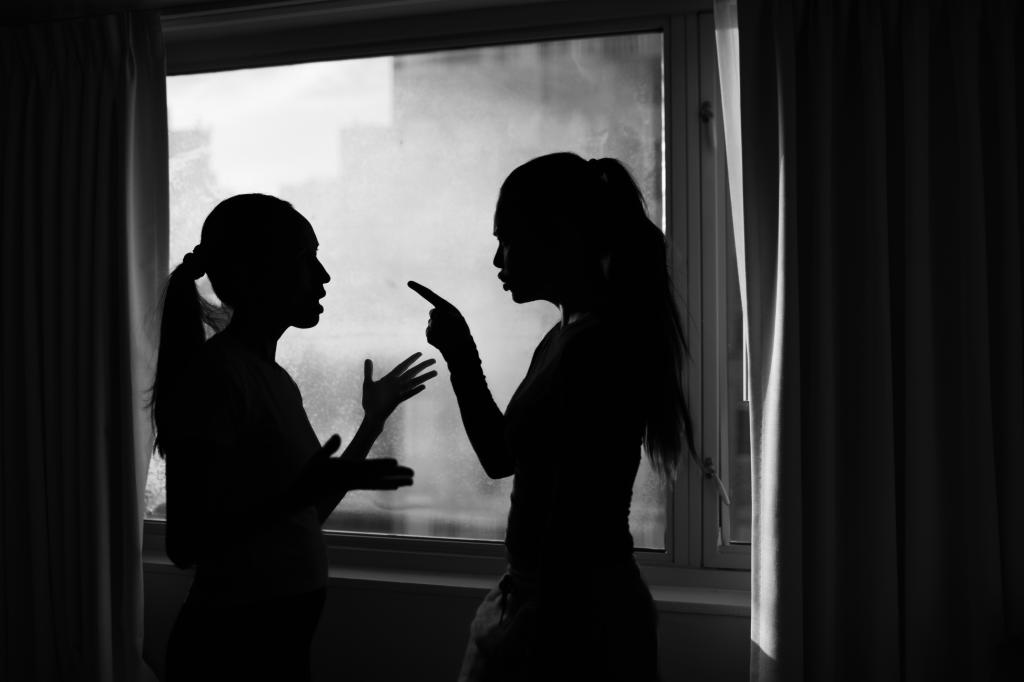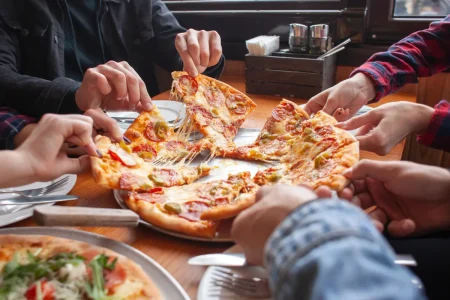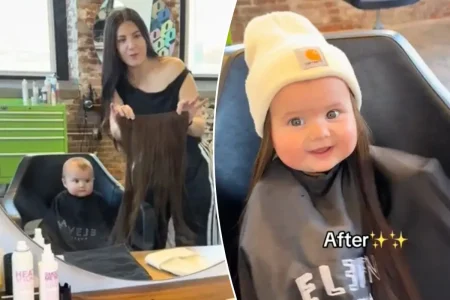Dear Abby’s Compassionate Counsel: Mental Health and Unrequited Love
In the letters shared with Dear Abby this week, we see two deeply human struggles that many can relate to in some form: watching a loved one battle mental illness while refusing help, and the challenge of being emotionally fixated on someone who may never reciprocate those feelings. Both situations reflect the complex nature of human relationships and the emotional toll they can take on us.
The first letter comes from a person in Illinois who is watching their sister spiral into severe mental health issues, including paranoid delusions about human trafficking despite having grown up in a safe, privileged environment. Now in her mid-40s, the sister lives with a boyfriend who also struggles with mental health issues, and both are unable to work. What makes the situation particularly heartbreaking is that the sister refuses treatment and doesn’t acknowledge her condition. Almost everyone in the family has had to distance themselves for self-preservation, as the sister creates “destructive delusions” about anyone who tries to help. The letter writer expresses the profound pain of watching someone they love deteriorate when medication could potentially help, yet feeling powerless in the face of their refusal.
Abby responds with practical advice, acknowledging that medication could only help if the sister were willing to accept it. Since she isn’t, and given the couple’s financial struggles, Abby suggests seeking assistance from a social worker or the county’s department of mental health. This reflects the reality many families face when dealing with loved ones with untreated mental illness – sometimes the most compassionate approach involves connecting them with professional support services when direct intervention isn’t possible.
The second letter presents a different but equally poignant emotional struggle. A 30-year-old has developed intense feelings for a man, and despite trying to date others, finds that “no one else seems to compare.” The writer has attempted to explore connections with various potential partners through dating apps and meeting different types of men, but keeps returning to thoughts of this one person. The internal conflict is palpable – the writer wonders if they’re broken, too fixated on a specific type, or potentially missing out on meaningful relationships because potential partners don’t create the same butterfly feelings as this one man.
What’s particularly notable about this situation is that nowhere in the letter does the writer indicate that this man has expressed similar feelings or is even aware of the writer’s interest. The fixation appears to be one-sided, creating a “mental trap” that prevents the writer from forming meaningful connections with others who might actually be available and interested. There’s a growing sense of urgency as the writer mentions being 30 and feeling pressure to “figure this all out,” reflecting common anxieties about relationship timelines and expectations.
Abby’s response is gentle but direct, pointing out that intense attraction doesn’t necessarily lead to lasting relationships. She notes that the writer seems to be waiting for someone who may never reciprocate, and suggests that at 30, it might be time to shift focus. Rather than continuing to measure everyone against an idealized person who may never be available, Abby recommends concentrating on other aspects of life. By setting aside the “fantasy of romance” temporarily, the writer might naturally encounter people with whom they can form genuine, reciprocal relationships.
Both letters, though addressing different situations, touch on a fundamental human experience: the gap between what we want and what’s actually possible. Whether it’s wanting a loved one to accept help they refuse or longing for a connection with someone who may never feel the same way, these emotional challenges require us to find the delicate balance between hope and acceptance. Abby’s compassionate yet practical responses remind us that sometimes the path forward involves letting go of what we cannot control and opening ourselves to different possibilities than what we initially envisioned.














